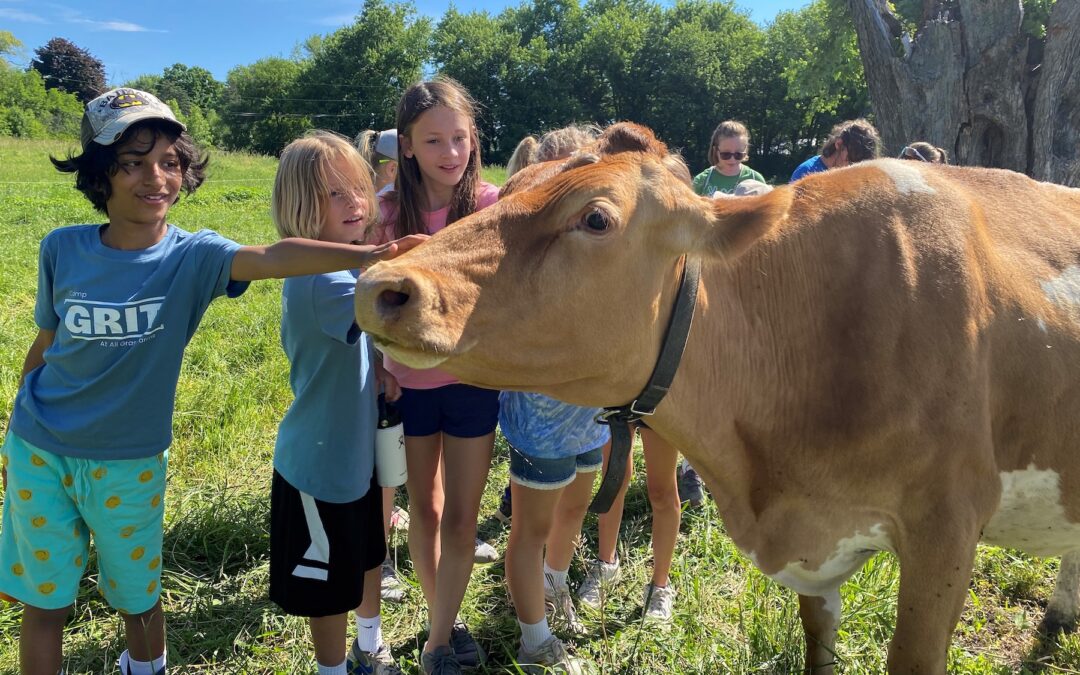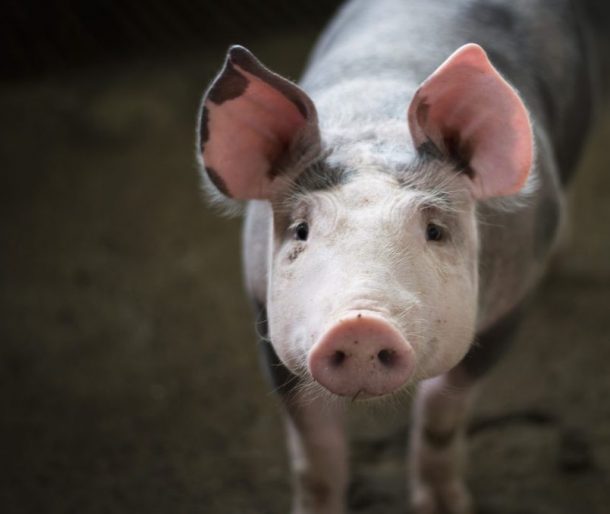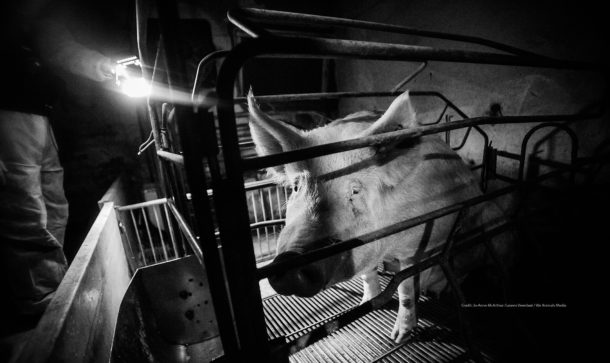We often promote buying from your local farmers who are transparent about how they raise their animals for food. One of our favorite farmer friends is Cliff McConville at All Grass Farms in Dundee, Illinois.
An insurance broker turned sustainable farmer, Cliff prides himself on doing right by the animals and the environment. Cliff’s farm animals are humanely pasture-raised and largely grass fed, with no pens or cages. They are free to roam and forage in grass and the open air as nature intended.
Three years ago, Cliff and his staff started offering “summer farm camps” for kids as a way to educate them on where there food really comes from. And it’s been a hit.
All Grass Farms Summer Farm Camps
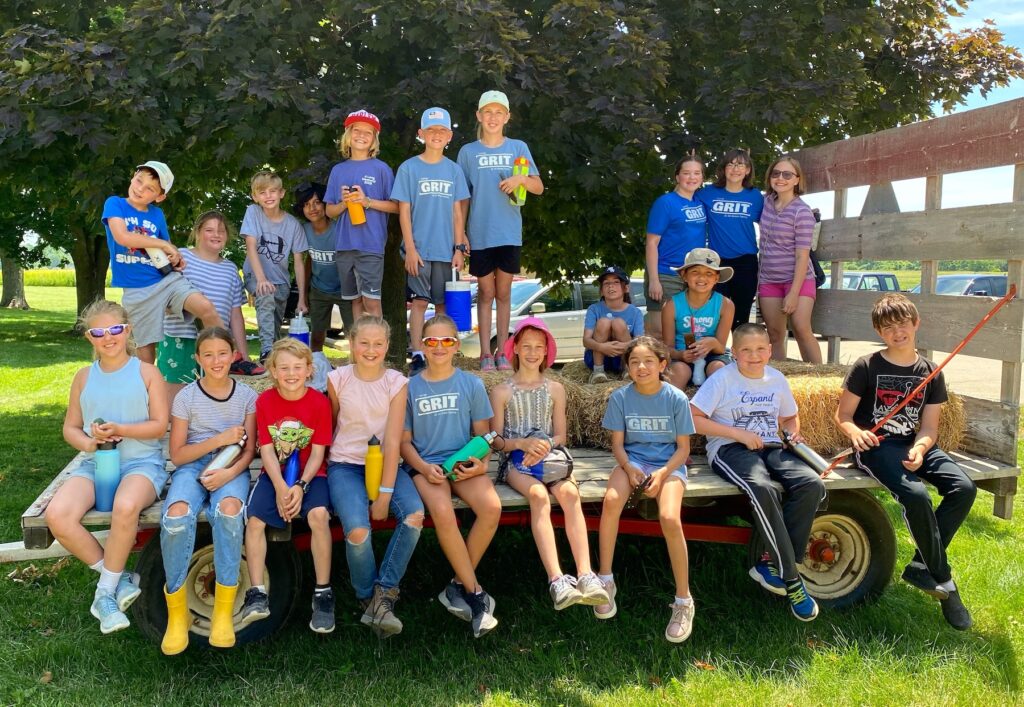
Each camp is a week-long (M-F), half-day (3 hours) youth summer camp held at All Grass Farms starting the week of June 9th. There are three different weeks of camps to choose from in the month of June. The camps are open to all ages, from seven to seventeen. That allows siblings and friends to attend together even if they are not close in age.
Campers will learn the importance of regenerative agriculture with hands-on experience helping the farm team in caring for chicks, broiler chickens, laying hens, turkeys, pigs, and dairy cows. The importance of self-awareness, remaining calm, and being observant of the farm environment when working around and handling farm animals is emphasized throughout the experience.
While all the camps will include help with daily livestock chores around the farm, the first camp will have some special sessions on chicken and poultry care. The second camp has more of a focus on dairy cows. And the third camp will have some special sessions on raising pigs. There also will be plenty of unstructured free time for the kids to play in the woods and the creeks that run through and adjacent to the farm.
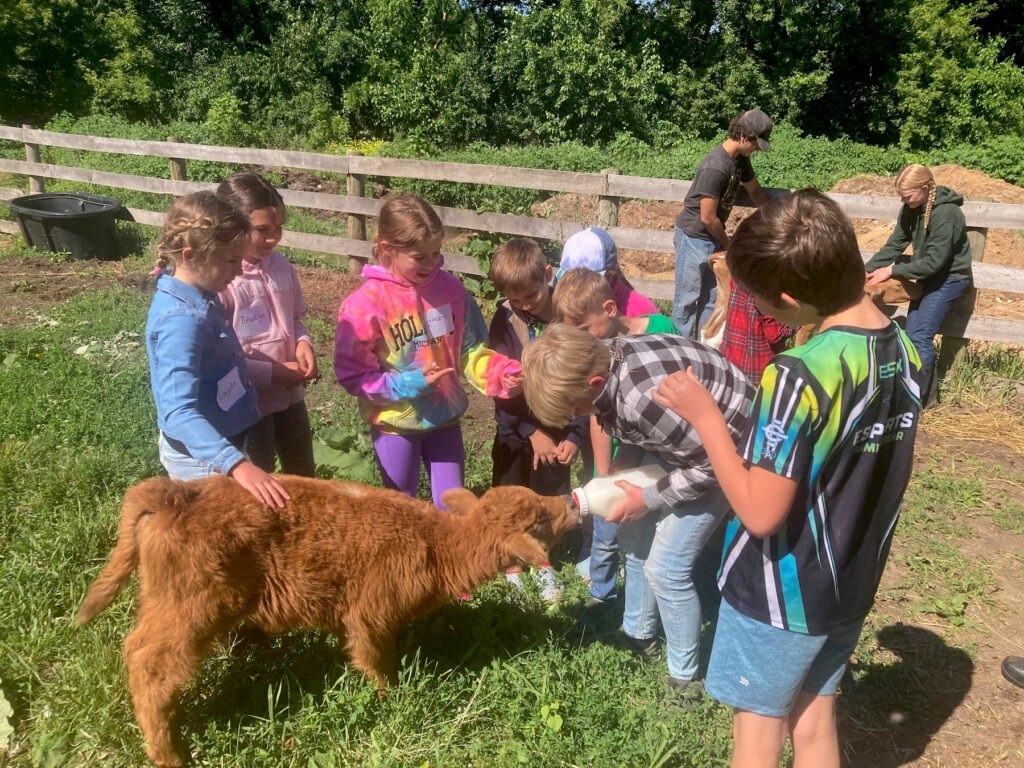 Campers will also have fun creating arts and crafts, going on hayrides, and learning about the connection with nature and the responsibility farmers have in caring for it.
Campers will also have fun creating arts and crafts, going on hayrides, and learning about the connection with nature and the responsibility farmers have in caring for it.
Book your spot – reservations for the farm camps.
TENTATIVE DAILY SCHEDULE:
- 8:45 – 9:00 Arrival
- 9:00 – 9:10 Roll Call
- 9:10 – 9:30 Game
- 9:30 – 11:00 Help with Farm Chores
- 11:00 – Craft/Project
- 11:45 – Day’s Review/Game
- 12:00 – Pickup
PLEASE NOTE: REGISTRATION LIMITED TO 25 CHILDREN PER CAMP. COST IS $295 PER WEEK. THERE WILL BE A $50 CANCELATION FEE APPLIED FOR ALL CAMPS THROUGH JUNE 1ST. NO REFUND OF REGISTRATION FEES AFTER JUNE 1ST, FARM STORE CREDIT INSTEAD.
Questions for Farmer Cliff
Q1. Why did you decide to start these week-long farm camps?
We had been thinking about doing this for years based on customer feedback, but of course there was always so much farm work to do in the summer that we could never get it organized. Then three years ago, one of our employees offered to organize and manage the camps so we let him run with it.
Every year has been a new learning experience, and the kids really enjoy it so we have kept going even though that employee is no longer with us.
Q2. What kinds of things do the kids learn?
We try to expose them to a little bit of everything we do on the farm, and why we do it. The importance of moving the different species to fresh pasture on a consistent basis, consistent supply of feed and water, shade and shelter. Building soil organic matter through grazing. The health benefits of food raised the way we do it.
They get to help feed the cows, chickens, turkeys, and pigs, and collect eggs from the next boxes (probably every kids favorite activity). We also incorporate a nature walk down to the Fox River and teach them about plant identification and edible plant foraging. This year they will learn how to milk a cow by hand in one of the sessions.
Q3. By the end, how do the kids views or attitudes of farming change?
Our goal is really to stimulate their interest and curiosity about humane, regenerative livestock farming by giving them a taste of how we do things. Hopefully they will think more about where their food comes from and how it is produced. Then hopefully we can put them on the path towards eating healthier, purchasing from local farms, and maybe even choosing to become a regenerative farmer when they grow up. We already employ two of the early campers as part-time help at the farm.
Q4. Anything else you’d like to share?
We also want them to just have fun. Typically we set aside an hour every day for them to play games, splash around in the creek, or build a fort in the woods. I think most kids nowadays don’t get to do those things that we used to take for granted growing up.
Photos courtesy All Grass Farms

